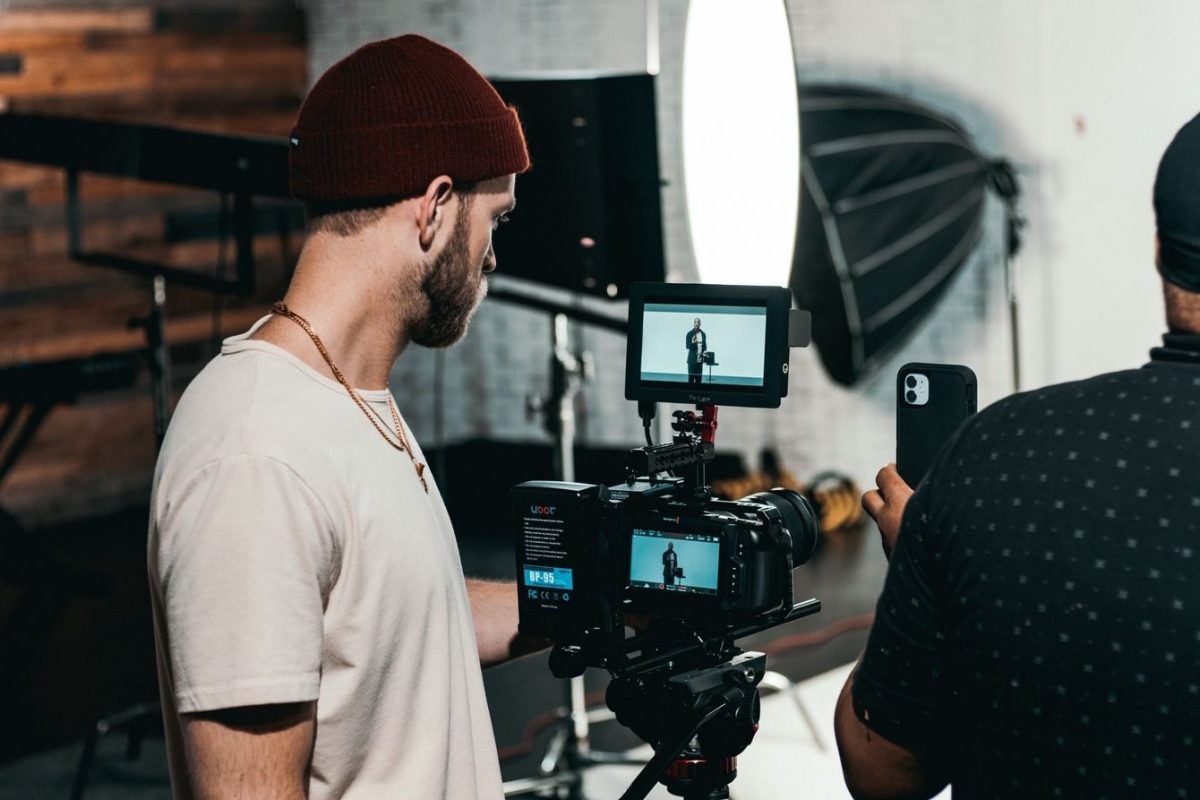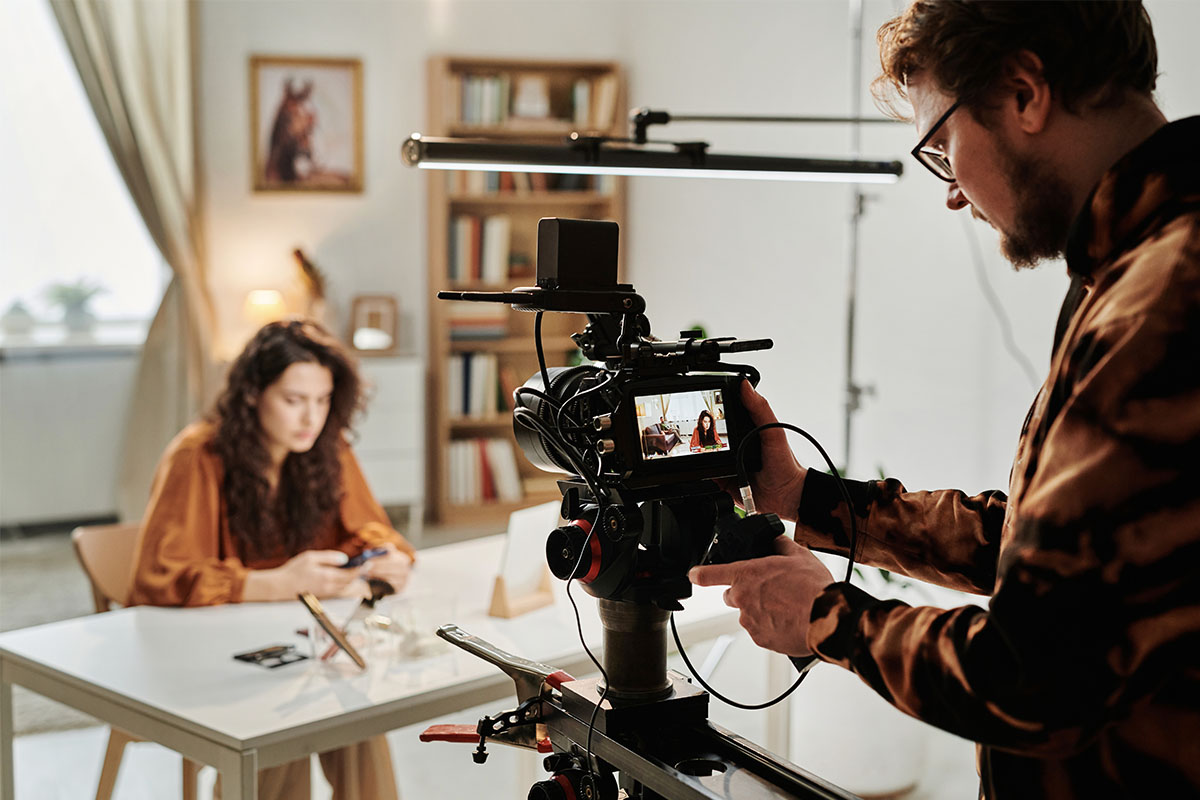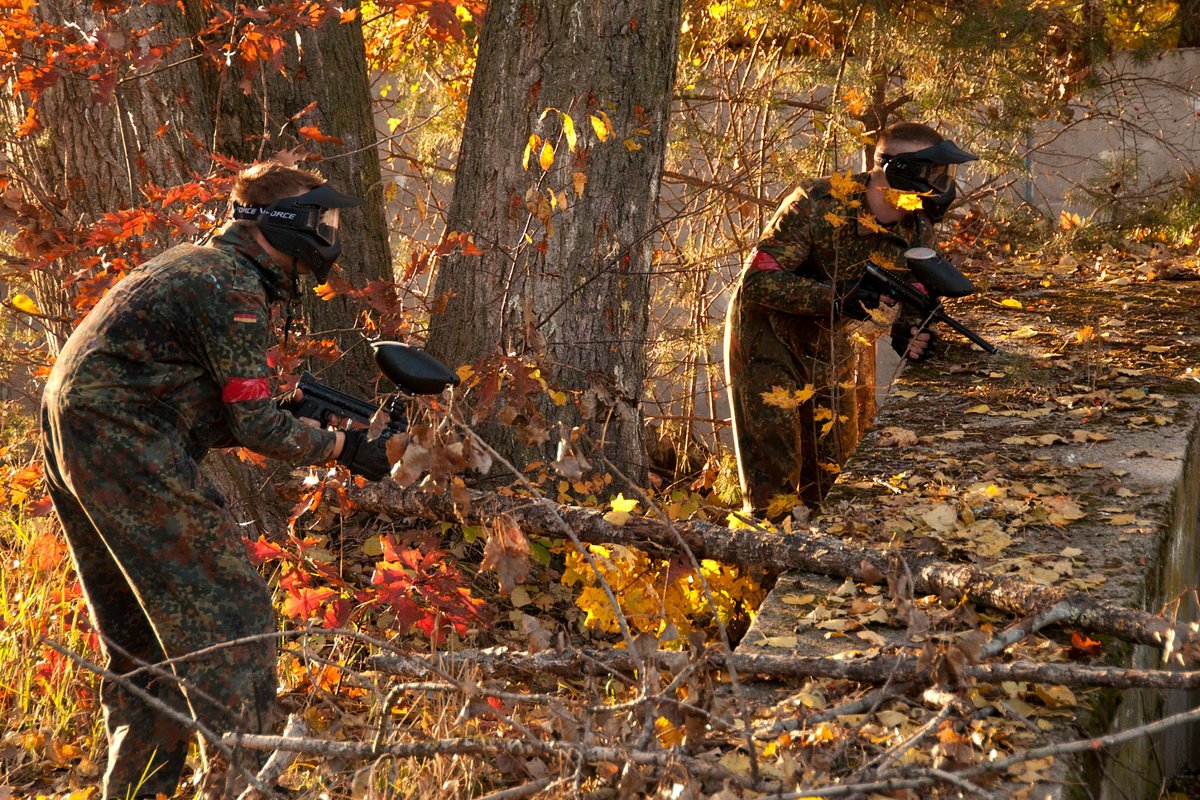Your role as the cameraman in a crew is crucial to bringing the story to life. Your camera is the first window that the audience views the action through, and it is up you to make this window clear and compelling. This article will explain what a cameraman does and the skills required to be a successful one. A cameraman’s job is to operate the camera and film. This includes framing shots as well as adjusting the focus and exposure. A skilled cameraman can do much more. A good cameraman is an integral part in the creative team. Together with the director, they translate the director’s vision into a visual language. Go to the following site, if you’re searching for more information concerning london videographers.
This requires understanding not just how to use the cameras, but also how to use them to tell stories. Cameramen must be knowledgeable about the various types of lenses and cameras available to create specific effects. A wide-angle lens can capture an impression of grandeur and spaciousness, while a telephoto lens can create intimacy. The amount of light entering the camera can also be affected by the choice of lens. This can help create different moods and atmospheres. Cameraman’s role isn’t just technical. They must also be able to work well under pressure, communicate effectively with the rest of the crew, and adapt to changing circumstances on set. They must be creative problem-solvers and able find a way to capture the shot that the director desires, even in less than ideal lighting. They should be able to think quickly, anticipate the action and adjust the camera accordingly.
The cameraman must be skilled in technical and creative skills as well as visual storytelling. They must be able comprehend the themes and motifs in the film and translate them into an engaging visual language for the audience. This means being able to recognize the emotional subtext of a scene and use the camera to catch the message. The role of the cameraman is to assist the director and cinematographer in realizing their vision for the film. This requires technical skill, creativity, and an understanding of the principles behind visual storytelling. All of this is possible through experience. A good cameraman is not just someone who knows how to operate a camera, but someone who can use that camera to create an immersive and engaging cinematic experience for the audience.





